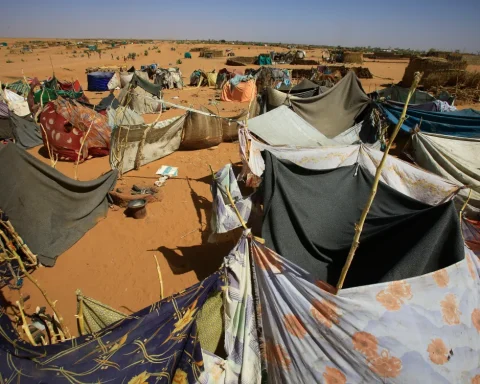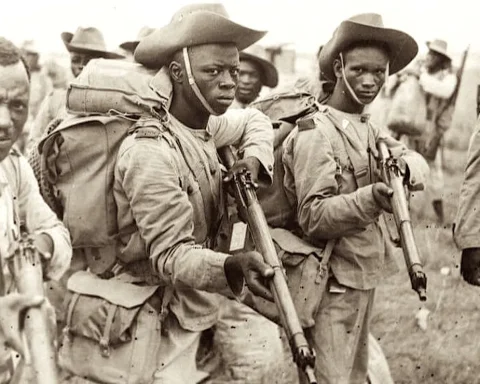BY RUNOKO RASHIDI
I want to inform you about a story and provides you a thesis. It’s only a perspective and maybe further progress. I raised the question of why numerous African-Americans and other Africans within the Diaspora repeat, mostly without investigation, that Africans sold other Africans into slavery. Many of them roll in the hay with relish. Such an assertion is exceptionally harmful. It bothers me, and that I think that it’s mostly rooted in self-hate and ignorance.
Well, here is my thesis and my story. A couple of years ago, I took an African-American tour group to the West African country of Benin. While there, we visited a community called Ganvie. I think that the people there are the Fon. Ganvie may be a community built on stilts on the water. The people that made Ganvie was a deed from enslavers and thought that living on the water would offer safety for them. The top of the community asked us why we chose to go to . it had been a proper question, and that I am sure they ask all groups that. Well, I began to give my little speech about African-Americans returning to our ancestral birthplace and the way we need to America via enslavement. The leader stopped me as I used to be speaking.
He said, “You are in America for an equivalent reason that we are in Ganvie! We came here to urge faraway from the slavers!” during this case. The slavers were from the dominion of Dahomey. They captured people today we call Africans.
Since then, I even have done tons of research on the topic and traveled to several parts of Africa in search of answers. Yes, a number of the folks that we call Africans today were involved within the capture of people that we call Africans today. You’ll say that such “Africans” were corrupted and empowered by Europeans to try to do their dirty work for them, which specific groups and classes of Europeans were those who derived the excellent benefits from it.
But is it that simple?
The idea that we are all African is exceptionally new. And this is often why continental and global African nationalism is so hard – because it’s so unique! And in effect, it had been a reaction and, therefore, the results of the ECU invasion of Africa and the forced removal and enslavement of African people.
Family, I’m unable to point out that continental African unity is rooted in antiquity. Therefore the king of Dahomey wouldn’t have seen himself capturing other Africans for European enslavement. He would have only seen himself attacking a neighboring kingdom! He wouldn’t have seen himself attacking and capturing other Africans for European slavery within the same way historically that the Germans, for instance, in their countless wars with the French, would have seen themselves attacking their neighbors. They saw themselves as national groups, not as peoples violating racial solidarity.
This is what I feel. Of course, there are tons more to that. But this is often the essence of it.
Does this make sense?
As a historian, I even have learned that the worst thing that you can do, if you would like to know history, is to seem in the past with a similar mentality that you have today. To see the past, you want to put yourself within the historical context of the people that lived it.
So no, Africans didn’t capture and sell or trade other Africans for European exploitation. It’s not that straightforward. It might be more accurate to mention those individual kingdoms in what we now call Africa attacked other peoples in what we now call Africa, which specific groups and classes of Europeans benefited enormously from it.
That is my thesis.
In love with Africa!
Runoko Rashidi maybe a historian and anthropologist based in l. a. and Paris. he’s also the leader of African heritage tours around the world, including Nigeria and Cameroon in December 2014 and Ethiopia and Kenya in May 2015. For more information write to Runoko@hotmail.com or attend www.travelwithrunoko.com









